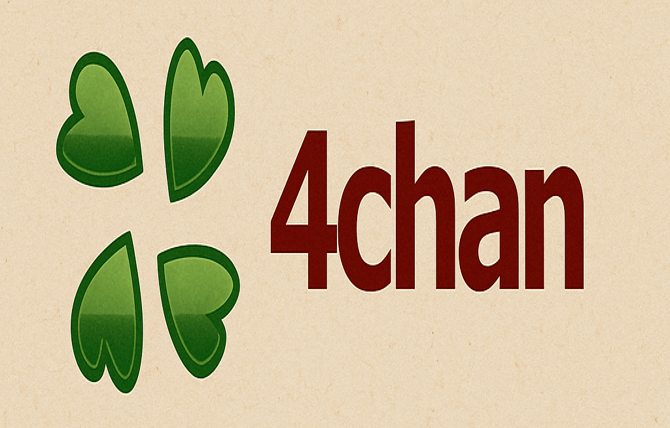4chan Returns After Financial Struggles , the controversial internet forum known for its role in shaping online culture, has resumed operations following a recent outage. The platform’s administrators attributed the shutdown to severe financial constraints, stating they had been “starved of money.” This incident highlights the challenges faced by niche online communities in sustaining operations amid evolving digital landscapes.
Background: 4chan’s Legacy and Funding Model
Launched in 2003 by Christopher “moot” Poole, 4chan pioneered anonymous imageboard culture, birthing memes and movements that permeate mainstream internet discourse. Acquired by Hiroyuki Nishimura in 2015, the site relies primarily on ad revenue and user donations. However, its commitment to anonymity and minimal moderation has deterred major advertisers, complicating monetization efforts.
The Outage and Official Statement
From [insert dates], users encountered sporadic access issues, culminating in a full shutdown. A post on 4chan’s official blog clarified the hiatus: “Financial strain left us unable to maintain infrastructure.” Admins emphasized rising operational costs and dwindling ad partnerships, exacerbated by the platform’s controversial reputation. While technical specifics were scarce, the statement hinted at urgent fundraising efforts to stabilize services.
Financial Challenges and Community Response
4chan’s ad-driven model struggles as brands distance themselves from its unmoderated content. Unlike social media giants, 4chan lacks user data for targeted ads, relying instead on niche advertisers. The community’s reaction has been mixed: some users launched donation drives, while others criticized opaque financial management. Skeptics question whether the outage masked technical woes, though admins deny this.
Broader Implications for Online Forums
4chan’s plight mirrors wider struggles of independent forums against centralized platforms like Reddit and Discord. Rising hosting costs, coupled with stringent content policies, threaten their viability. Experts suggest subscription models or crowdfunding as alternatives, though these may clash with 4chan’s anti-establishment ethos.
Looking Ahead
The relaunch brings temporary relief, but long-term sustainability remains uncertain. Admins hint at exploring new revenue streams, possibly premium features or enhanced moderation to attract advertisers. Whether 4chan can balance its anarchic identity with financial pragmatism will determine its survival in an increasingly commercialized internet.
Conclusion
4chan’s return underscores its resilience, yet its financial woes signal deeper crises for fringe digital communities. As the platform navigates this crossroads, its ability to adapt without compromising core values will be pivotal. For now, users and observers alike watch closely, aware that 4chan’s fate could foreshadow trends for similar online spaces.
FAQs About 4chan’s Shutdown and Return
1. Why did 4chan go offline?
The shutdown was attributed to financial struggles, with admins citing insufficient funds to maintain server infrastructure and operational costs.
2. How does 4chan generate revenue?
Primarily through ads and user donations. However, its controversial reputation limits partnerships with mainstream advertisers.
3. Is 4chan safe to use?
The platform allows anonymous posting and minimal content moderation, which can expose users to offensive or illegal material. Proceed with caution.
4. How can users support 4chan?
The site accepts donations via its official portal. Admins are also exploring new monetization strategies, such as premium memberships.
- Link: 4chan Donation Page
5. Will 4chan survive long-term?
Survival depends on balancing its anarchic culture with sustainable revenue models. Admins are testing ideas like enhanced moderation to attract advertisers, but user backlash remains a risk.
Read Also- Cybersecurity in the Digital Age Overview
